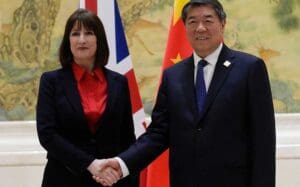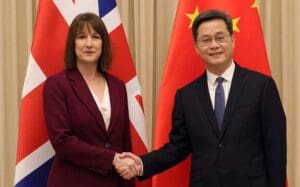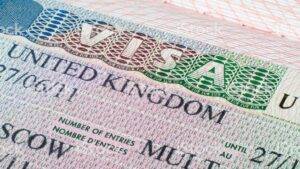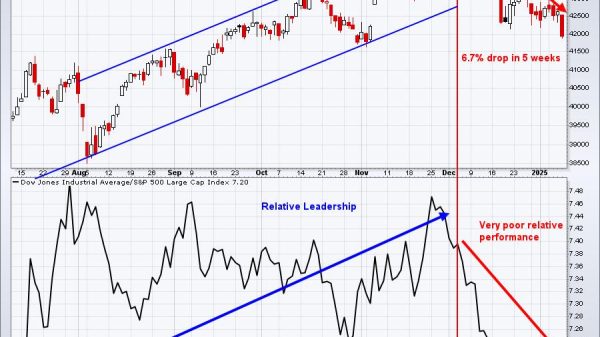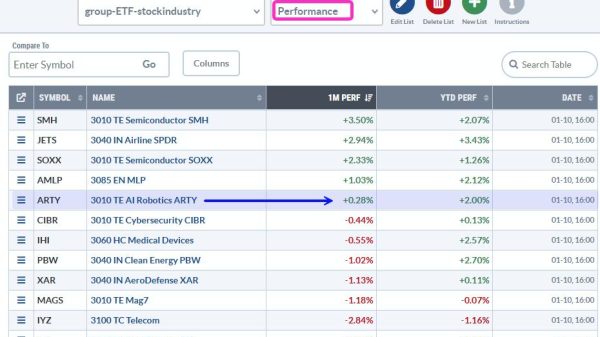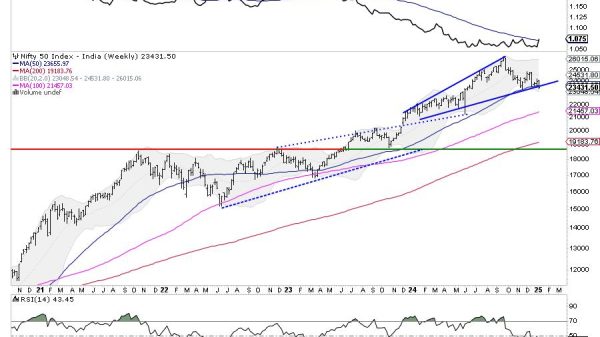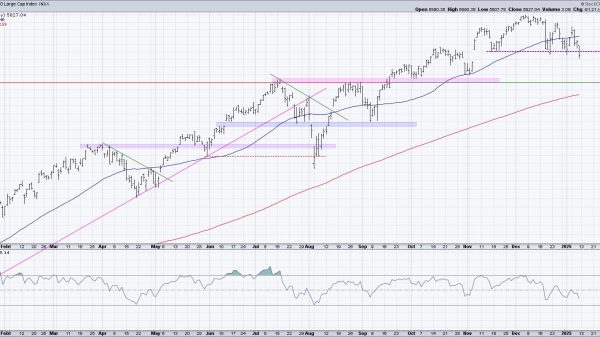DALLAS – The outbreak of military conflict in the Middle East may leave central bankers battling new inflationary trends as well as deal a blow to economic confidence at a time when they had expressed growing hope about containing the price surge sparked by the pandemic and Russia’s 2022 invasion of Ukraine.
The stunning violence in Israel, with hundreds killed as fighters from the Hamas movement invaded from their Gaza enclave and Israel responded in force, added the possibility of a broader Middle East conflict to the sense of global instability sparked by Russian military actions almost 20 months ago.
The impact may take time to become clear, and would depend on how long the conflict lasts, how intense it becomes, and whether it spreads to other parts of the region.
“It’s too early to say” what the implications may be, though oil and equity markets may see immediate fallout, Agustin Carstens, general manager of the Bank for International Settlements, said in a presentation to the National Association for Business Economics.
But the war has the potential at least to add an unpredictable set of forces to a global economy that was already slowing and to US markets still adapting to the likelihood that the Federal Reserve will maintain high interest rates longer than many investors had expected.
“Any source of economic uncertainty delays decision-making, increases risk premia, and especially given that region…there is an apprehension about where oil is going to open,” said Carl Tannenbaum, chief economist with Northern Trust.
“The markets will also be following what the scenarios are looking like,” he said, and whether, after decades of instability in the Middle East, this outbreak of violence evolves differently.
“The question will be is this iteration something that will throw the long-term equilibrium out of balance?”
BLOW TO CONFIDENCE
That and related issues will likely vault high on the agenda of global financial leaders gathering this week in Morocco for meetings of the International Monetary Fund and World Bank to take stock of a global economy that remains in a deep state of flux from the pandemic and rising trade tensions.
For central banks it poses the dilemma of whether it is likely to lead to new inflation pressures – the region is not just home to major oil producers like Iran and Saudi Arabia, but also to major shipping lanes through the Gulf of Suez – or deal such a blow to confidence that the economy stutters.
Federal Reserve officials have cited recent high energy prices as a possible risk to their outlook of gradually easing inflation, and also said that they felt the US economy was likely to avoid a recession – absent some sort of unexpected, outside shock.
With conflict now raging in a major oil-producing region, the reaction among traders and major players like Iran and Saudi Arabia will be watched closely to see if another price surge is coming, while trading on bond and stock markets in coming days will show how markets anticipate the likely fallout.
“The conflict poses a risk of higher oil prices, and risks to both inflation and the growth outlook,” said Karim Basta, chief economist at III Capital Management, leaving the Fed to sort out whether higher prices or slower growth is the greater concern.
Fed officials were already watching a recent rise in US Treasury bond yields for signs investors may have pushed financial conditions beyond what was needed to cool inflation, and raised the risk of a too-stark economic slowing.
To the extent the Israeli war with Hamas heightens concerns about the global economy it could reverse that trend if capital rushes towards the relative safety of US Treasury bonds, as often happens at times of potential crisis.
While falling market interest rates might under other circumstances be seen as a possible source of renewed inflation, encouraging consumers and businesses to borrow and spend, the context might lead to a different conclusion with emphasis on the perceived risks to the economy of a new regional war. – Reuters

